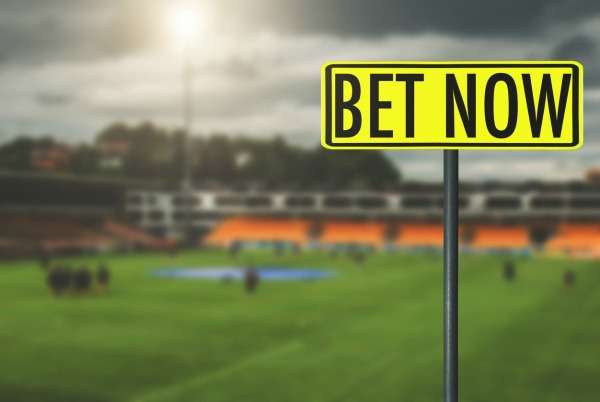Sports gambling creeps into kids' consciousness

A national study involving Curtin and Deakin universities has found that three-quarters of Australian children view sports betting as normal, and even positive.
A national study involving Curtin and Deakin universities has found that three-quarters of Australian children view sports betting as normal, and even positive.
While kids knowing about Sportsbet, Bet365, TAB or Ladbrokes might not seem like a big deal to some, researchers suggest that sport is a powerful mechanism for influencing future behaviours.
In fact, they see similarities between sports betting and now-outlawed tobacco sponsorships.
"Research on tobacco shows that children's smoking behaviours were clearly influenced by their perceptions of what was normal," says lead researcher Hannah Pitt from Deakin University.
"They perceived that smoking was an activity that was common, socially valued and attractive."
Researchers stress that gambling harm is a significant public health issue, with clear consequences for the wellbeing of communities.
This is supported by the Federal Government's Problem Gambling Initiative, which estimates that the problem affects five million Australians and costs communities over $4.7 billion each year.
The Australian Gambling Research Centre suggests that family environments of problem gamblers are comparable to those involving alcoholics as they feature high levels of anger, financial stress, parental neglect/abuse and low participation in social and recreational activities.
The study focussed on AFL and NRL fans and involved children between the ages of eight and 16 from 152 families.
Overall, 97 per cent recalled seeing sports betting on TV, while 75 per cent remembered it in the stadium.
While the wagering industry has repeatedly claimed that their ads do not target children, their use of cartoons, celebrities and humour appear to get young people's attention.
Children were also drawn to messages about winning, peer acceptance and sport fan loyalty.
And many were intrigued, yet confused, about ads featuring a 'cash out', 'cash back' or 'money back' promotion, believing this meant people could get their money back if they were losing.
"There is no doubt that this is getting through to children, who increasingly see [betting] as just a normal part of sport," says Curtin University Professor Mike Daube.
"[In WA], there has been substantial community concern about the way in which online gambling is so massively promoted on TV and through social media."
With that said, Prof Daube is encouraged by WA's continuing ban on pokies and the Federal Government's recently announced moves to regulate some forms of online betting.
In 2015, the gambling industry spent $147 million on ads, a rise from $45 million in 2012, making it the fourth highest spender in Australia.
More information: Hannah Pitt et al. "It's just everywhere!" Children and parents discuss the marketing of sports wagering in Australia, Australian and New Zealand Journal of Public Health (2016). DOI: 10.1111/1753-6405.12564
This article first appeared on ScienceNetwork Western Australia a science news website based at Scitech.


















